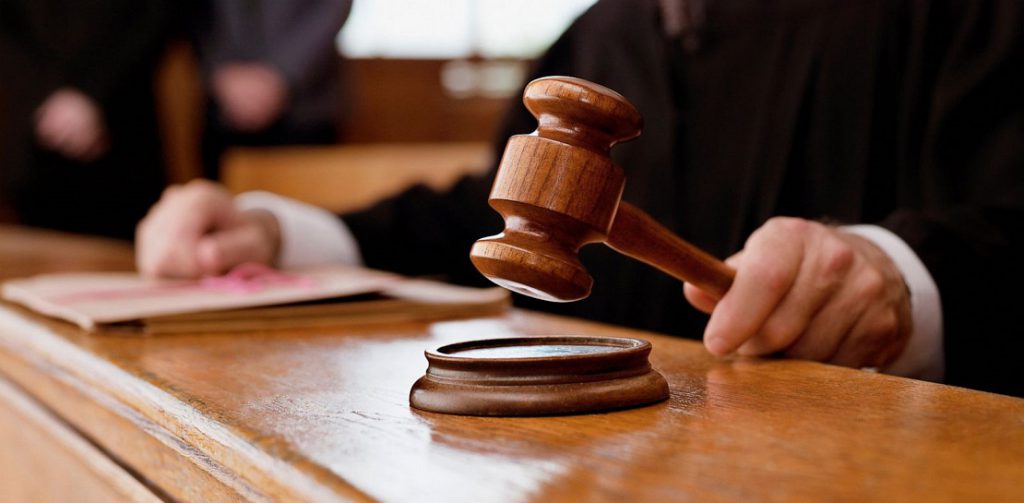Interior Seeks Dismissal of MGM Lawsuit over Connecticut’s Third Casino

The U.S. Department of the Interior has asked a federal judge to dismiss a lawsuit filed by a Las Vegas casino operator in relation to the government agency’s decision to approve a plan involving Connecticut’s two federally recognized tribe jointly developing and operating a casino in the state’s town of East Windsor.
The Department of the Interior filed Monday a motion in the U.S. District Court in Washington, D.C., asking for the lawsuit filed by MGM Resorts International this past August to be dismissed.
The Las Vegas gaming and hospitality operator claims that the Department of the Interior has broken the law by approving certain gaming amendments that authorized Connecticut’s Mashantucket Pequot and Mohegan Tribes to build and manage an East Windsor casino.
The town of East Windsor is located not far from Connecticut’s border with Massachusetts and not far from MGM’s $960-million MGM Springfield in that state. Connecticut lawmakers selected the town as the host to what would be the state’s third casino in a bid to blunt competition from the Springfield gaming resort and keep gambling money within Connecticut.
MGM’s Lawsuit
MGM filed its lawsuit against the U.S. Department of the Interior in August. Its move came on the heels of a proposal Connecticut lawmakers made to the state’s two federally recognized tribes to invest in a Bridgeport casino resort project as part of a deal that would also enable them to conduct online gambling and sports betting at their existing casinos via mobile apps.
The Mashantucket Pequot Tribe currently operates a Foxwoods Resort Casino, while the Mohegan Tribe manages Mohegan Sun. The two tribal casinos are the state’s only operational gambling venues.
MGM previously sought to build a casino resort in Bridgeport, and the Connecticut Legislature’s recent proposal that included the two tribes really angered the Las Vegas gambling powerhouse.
In its lawsuit, MGM claimed that the Department of the Interior’s approvals for the plan for the two tribes to build the East Windsor casino violated the Indian Gaming Regulatory Act (IGRA), known to be the federal law that governs casino operations on tribal land.
Interior’s Response
In its motion, filed earlier this week, the department said that “plaintiffs seek to recast these amendments as approval of the commercial gaming facility in order to argue that Interior failed to comply with inapplicable legal requirements.”
The motion went on that the amendments in question only “confirm that the operation of a state-sanctioned commercial facility by a state-charted tribal joint venture does not violate the exclusivity provision of the tribe’s MOUs with the state.”
Under the two tribes’ memorandums of understanding with Connecticut, they are required to share their slot machine revenues with the state in exchange for the exclusive right to operate casino gambling on the territory of Connecticut.
The Department of the Interior further dwelt in its filing that its power and role only extends to tribal gambling under IGRA. However, the East Windsor gambling venue will be a commercial facility that will conduct activities under state and other federal laws, even though it will be managed by the two Indian tribes. In addition, the casino will not be located on reservation land.
No tags for this post.




